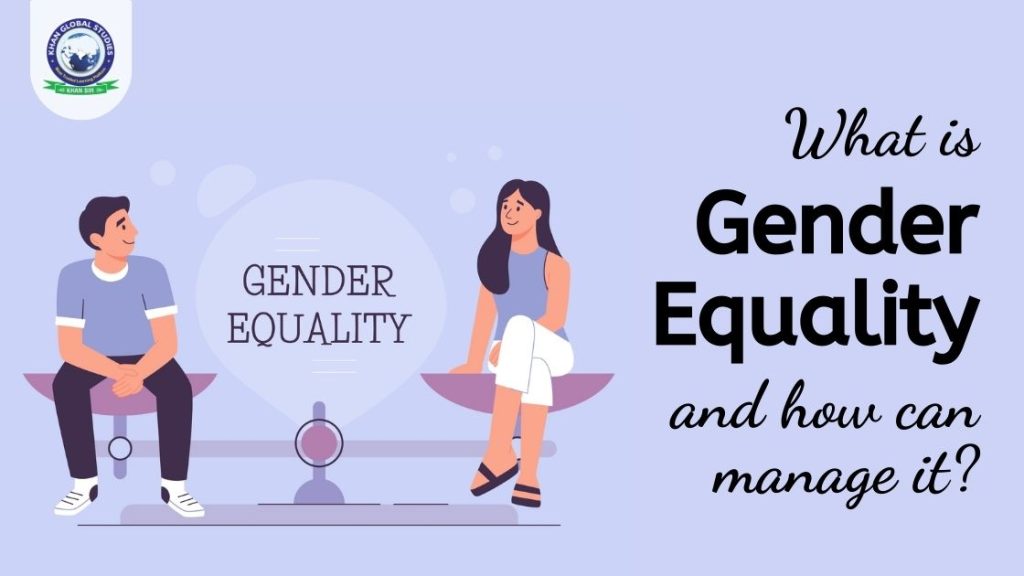Gender equality remains a significant challenge around the world and India faces its unique obstacles in achieving it. Three key areas require immediate attention: women’s safety, economic empowerment and participation in politics. Addressing these issues is not only a matter of social justice but is also necessary to promote sustainable development and national progress.
1. Security Concerns
Violence against women, including domestic abuse, sexual harassment and honour killings, continues to plague Indian society. Fear for their safety restricts women’s mobility, hinders their social and educational opportunities and suppresses their full potential. Strengthening law enforcement, improving reporting mechanisms and promoting gender-sensitive policing are important steps towards creating a safe environment for women.
2. Economic Disparities
Labour force participation of women in India is significantly lower than that of men due to various factors such as limited access to education and skill training, social norms and lack of childcare facilities. This increases economic inequality and limits the financial independence of women. To achieve economic empowerment for women, it is necessary to reduce the gender pay gap, promote entrepreneurship initiatives and ensure equal access to education and job opportunities.
3. Political Under-Representation
Women’s voices are under-represented in decision-making spaces. Despite reservations in local governance, their participation in higher levels of politics is low. Increasing women’s political participation through quotas, encouraging young women to enter politics, and creating a gender-sensitive political environment is important to ensure that their voices are heard and their perspectives are reflected in policy making.
Call to Action
Achieving gender equality requires a multi-pronged approach. Addressing issues of security, economic empowerment and political participation are important starting points. However, this effort demands collective commitment from individuals, communities, institutions and the government.
- Individuals: Men and women must challenge discriminatory norms and promote gender equality in their personal lives and communities.
- Community: Sensitization programs and awareness campaigns can help break stereotypes and create a supportive environment for women.
- Institutions: Educational institutions and workplaces should ensure equal opportunities and remove gender-based biases.
- Government: It is important to strengthen laws and policies, invest in women’s development programs and allocate resources effectively to create equal opportunities.
By addressing these critical areas and working together, we can close the gender gap and create a society where women and men can thrive equally. Remember, true progress can only be achieved when women have equal access to opportunities, security and the power to shape their destiny.
Must Read:
- NISAR Mission: Definition, Functions, Objectives and Benefits
- What is Gender Discrimination and Its Impact?




